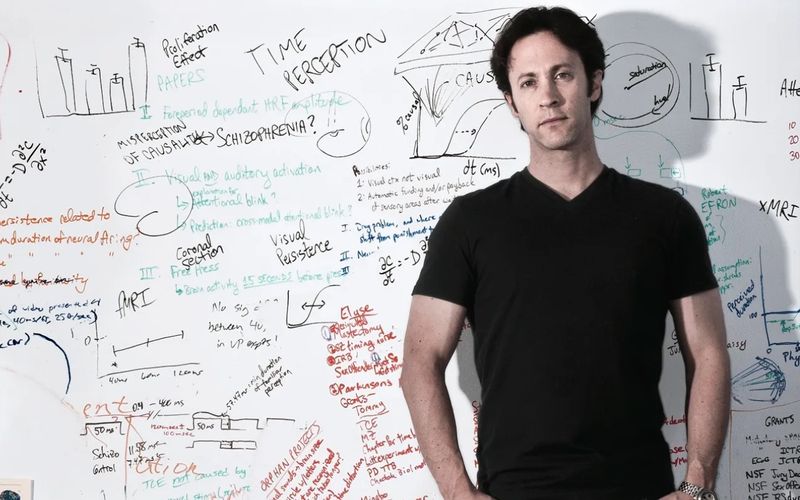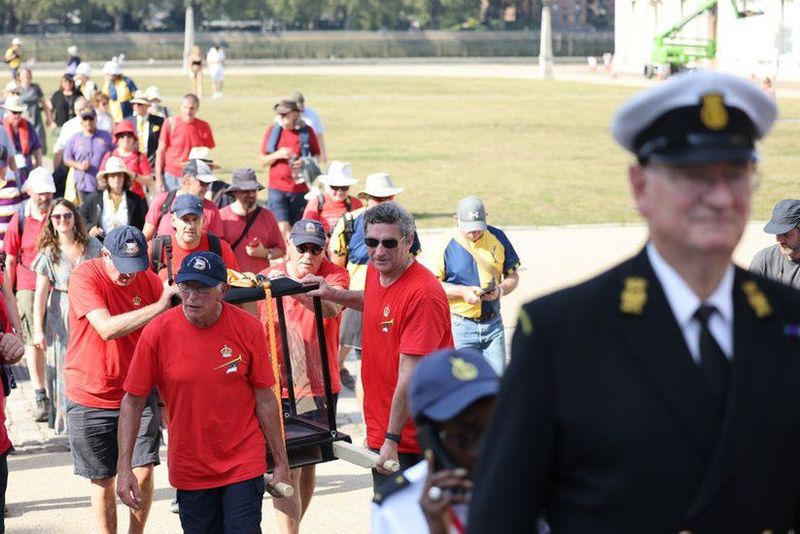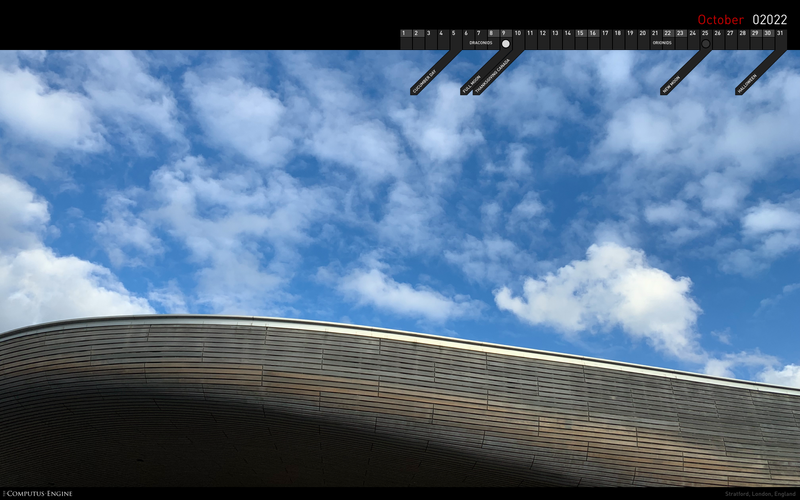I once met a prominent member of the UK Sceptics Society. It was on the day of Douglas Adams funeral and I was mourning in good company. I was in the Florence Nightingale pub in London with ZZ9 Plural Z Alpha, the Hitchhikers Guide to the Galaxy fan club. Douglas' death had been sudden and unexpected and the only appropriate response seemed to be having our brains smashed out by a slice of lemon.
This was the first time I had met them so I tried to get round the room a little. These were hoopy froods (who really knew where their towels were) so the conversation was smart and funny. Then it came out that I was Fortean. I don't normally bring this up as it's often misunderstood.
In case you haven't come across it before Forteanea is the study of anomalous phenomena. Try saying that after a slice of lemon. The name comes from the life and work of the writer Charles Fort. Forteans are interested in any evidence that doesn't quite fit accepted theory; "damned data" as Fort called it. This naturally leads you into esoterica and arcana. Subjects like secret societies, cryptozoology and sacred geometry all have kernels of truth to them, and teasing this out from layers of myth and secrecy is where the fun is. The common misunderstanding is that having in interest in such material does not mean you blindly believe it. Quite the reverse in fact; I think the worst that can be said of Forteans is that we rarely make up our minds about anything.
So anyway, some verbal jousting began. The funny thing is I don't really have a problem with sceptics, other than they know they're right. I have much the same problem with 'faith' based certainty. Most Forteans I know are really just sceptics with a sense of humour. Forteanism is about being comfortable with the idea that we don't know it all.
"I conceive of nothing, in religion, science, or philosophy, that is more than the proper thing to wear, for a while."
Charles Fort, Wild Talents (1932)
Recently a new philosophy has arisen that accepts we don't know it all, but is comfortable with applying scientific tools and rigour to measure the possibility space of what we do. This is an idea I can get behind. Possibilianism was first posited by neuroscientist (and Long Now board member) David Eagleman. In the video below he outlines his thinking. It seems I might have been a Possibilian all along.





